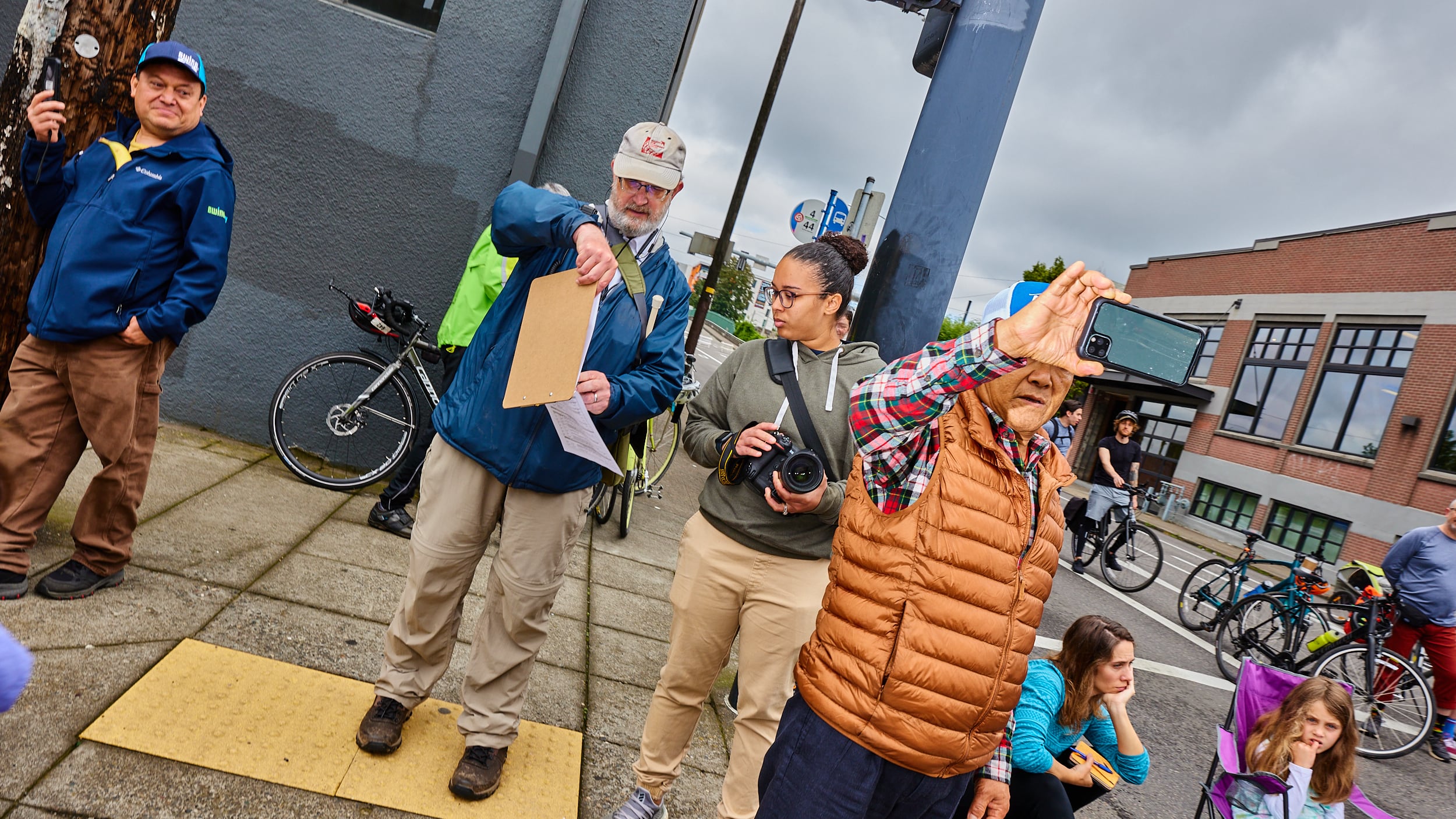The two big-money measures on the ballot generated negative responses, based on early returns.
In early returns, Measure 118 is failing by a landslide 79% to 21%, with 43% of votes counted. The measure, which would have established a new 3% gross receipts tax on companies with more than $25 million in Oregon sales and would distribute the proceeds in $1,600 checks to every Oregonian, generated nearly $17 million in spending from the “no” campaign. Funded by many of Oregon’s largest businesses, that campaign appears to be convincing voters to reject the concept by a devastating margin.
The so-called Oregon Rebate is a variation of universal basic income that opponents, including most Democratic elected officials and progressive groups, warned would gut the state budget.
Measure 117, which would implement ranked-choice voting for statewide and federal races in 2028, generated the second-highest level of spending in this cycle. Proponents of the idea spent more than $9 million to change from the current first-past-the-post method of electing candidates. That measure, which faced opposition but generated little spending, is closer than Measure 118 but still getting drubbed, 59% to 41%.
The other measures on the ballot are Measure 115 (allows for the impeachment of statewide elected officials); Measure 116 (creates a salary commission to set the compensation for statewide elected officials, lawmakers and judges); and Measure 119 (requires cannabis companies and labs to allow workers to organize unions). Voters like the idea of impeachment (Oregon is now the only state that doesn’t have such a mechanism) and are approving it 64% to 36%. They also appear to be ready to pass the cannabis measure, which is up 56% to 44%, but are skeptical of the salary commission idea. That measure is failing by a relatively narrow margin, 52% to 48%.

